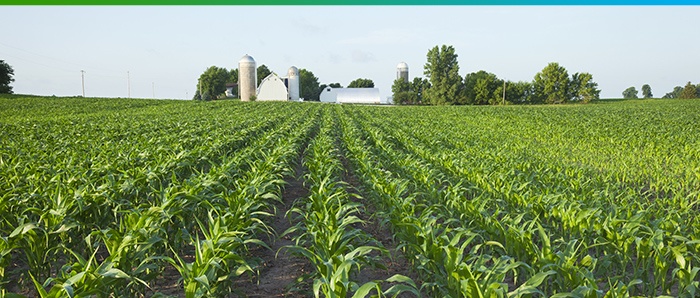5 global challenges we can address through food waste prevention

When “sustainability” became a regular topic in the foodservice industry about ten years ago, it was common to group the conversation neatly into sub-components: energy, water, waste, food sourcing, and community engagement (among others). This was all new for most, and the learning curve was steep in each area. Operators wondered: where should I start? What matters most? Everyone made their own choices because there was no hierarchy within sustainability.
It’s time for that to change. I believe strongly that food waste prevention and diversion should be first among equals as we work to develop more sustainable foodservice operations. Why? Because what we do to address wasted food simultaneously impacts many critical sustainability priorities, including these five global environmental and social challenges.
1. Climate Change
Food waste is a major contributor to climate change, with 7 to 8% of all global greenhouse gas emissions (GHGs) relating to the creation or management of food that becomes loss or waste. This is a horrible way to spend our carbon budget. We need to reduce this waste to ensure the GHGs we generate from agriculture are for a good reason: feeding the world, not landfills.
2. Fresh Water
Approximately 70% of our world’s fresh water is used to produce food. Water scarcity and drought are major issues facing many areas. When we waste food, we waste water, a precious resource for so many. We need to use our scarce resources efficiently, and food waste reduction ensures the water we use produces societal benefits. Food waste has recently been tied to the plastic crisis in our oceans (think packaging), so by solving food waste we keep our oceans clean.
3. Energy Efficiency
The American Chemical Society’s Environmental Science and Technology journal calculated that the U.S. could save 2 percent of its total energy consumption in one year if it stopped wasting food, which would provide enough energy to power Switzerland for more than a year. Globally, we generate a great deal of energy from fossil fuels, so this waste means we’re not using our limited oil and gas supplies efficiently.
4. Feeding the World
Nearly one billion people in the world suffer from hunger and malnourishment. In 2013, Pope Francis started speaking to the “culture of waste,” noting that wasting food is like stealing from the poor. When we lose or waste 1/3 to 1/2 of all the food in the world, we fail those in need of food security. The recent EAT-Lancet study evidences the direct link between the challenges of food waste feeding our growing global population.
5. Rainforests and Agricultural Land Use
The world’s population is expected to grow by 2 billion people before 2050. This will stretch our resources, including water, fossil fuels and land requirements. With every acre of rainforest we clear for agriculture, we damage ecosystems and cause further adverse climate impact. Yet, we could feed many of these new global citizens with the resources available to us today if we just wasted less food.
When we succeed in reducing food waste, we address climate, water, energy, hunger, and land use by default. Clearly, this doesn’t excuse the need for targeted efforts in other areas of sustainability, but it does underscore the importance of food waste as low-hanging fruit. Rarely are we able to get so much leverage and positive impact on so many problems by working on a single, focused issue. Moreover, as foodservice professionals we’re uniquely positioned to make a difference on the problem of wasted food. In fact, there is no one else better able to address these problems than us. This isn’t optional work; we’re holding the controls on a major global issue and we need to tackle it.
Looking forward, expect to see more people talking first about their food waste strategy, knowing it’s a tangible, emotional, understandable way to address many other major environmental and social challenges.

